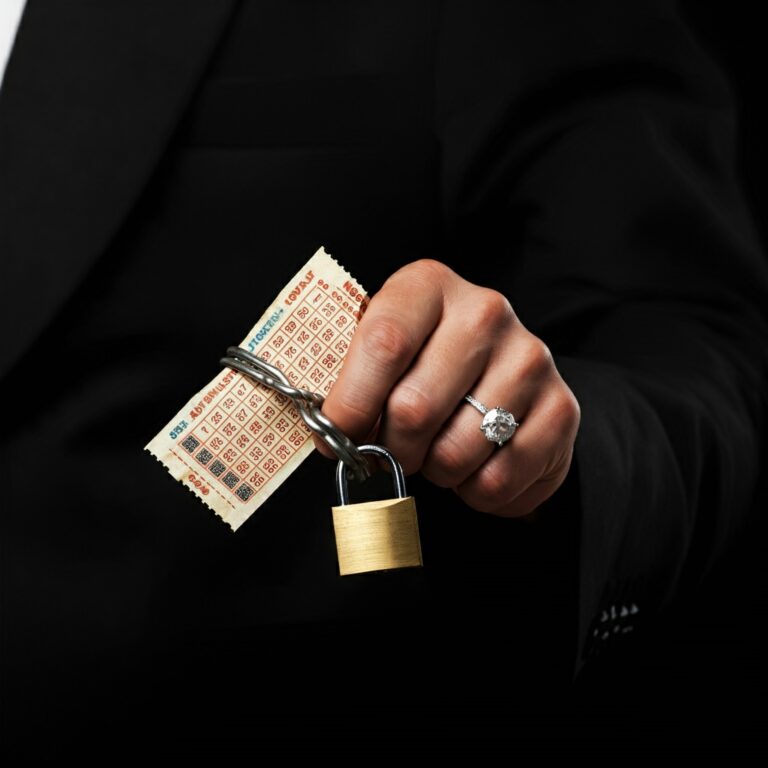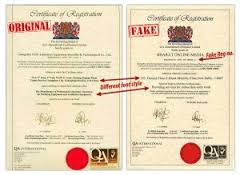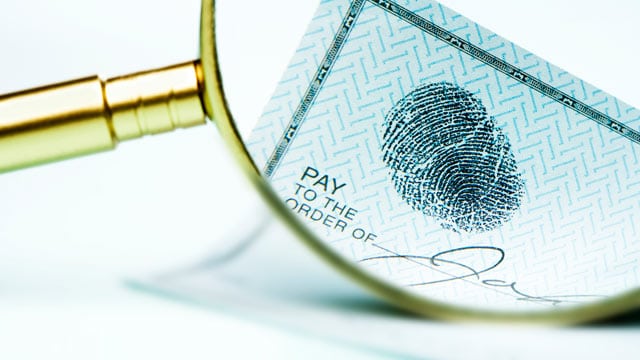Fake Charities in 2024: Staying Vigilant in a World of Scams
The world of charity is a noble one, filled with organizations dedicated to making the world a better place. However, this noble pursuit can also be exploited by unscrupulous individuals who set up fake charities to deceive well-intentioned donors. These scams can be highly sophisticated and difficult to detect, making them a growing concern for both charities and donors alike.
The Prevalence of Fake Charities
In recent years, there has been a rise in the number of fake charities operating across the globe. According to the World Federation of Non-Governmental Organizations (WFUNA), an estimated 10% of all charities are fraudulent. This translates to billions of dollars being siphoned away from legitimate causes each year.
Common Tactics Used by Fake Charities
Fake charities often employ various tactics to deceive donors. Some common tactics include:
- Misleading names or websites: Fake charities often use names or websites that closely resemble those of well-established charities. This is done to deceive donors into thinking they are giving to a legitimate organization.
- Misrepresentation of mission or programs: Fake charities may misrepresent their mission or programs to make them appear more appealing to donors. For example, they may claim to provide services that they do not actually offer, or they may inflate the scale of their work.
- Excessive use of emotional appeals: Fake charities often use emotional appeals, such as heart-wrenching stories of suffering, to elicit sympathy from donors. These appeals can be very effective in overriding critical thinking and making donors more likely to give without doing their research.
- Sense of urgency: Fake charities often create a sense of urgency to pressure donors into making immediate contributions. This may be done by claiming that there is a limited window of opportunity to help, or that the charity is in danger of closing its doors if it does not receive enough donations.
- Absence of financial information: Fake charities may not provide any or enough information about their finances. This makes it difficult for donors to assess how their donations are being used and whether the charity is being run responsibly.
- Lack of transparency: Fake charities may be secretive about their operations and avoid answering questions from donors or the media. This lack of transparency should raise red flags for potential donors.
- Unrealistic fundraising goals: Fake charities may set unrealistic fundraising goals that are not aligned with their actual capabilities or the scope of their work. This may be a sign that the charity is more interested in raising money than in actually helping people.
- Unlicensed or exempt from registration: In some jurisdictions, charities are required to register with the government or obtain a license to operate. Fake charities may not comply with these requirements.
- Lack of staff or volunteers: Fake charities may not have a staff or volunteer base to support their operations. This may be a sign that the charity is not legitimate or that it is not fulfilling its mission effectively.
- Poor communication: Fake charities may provide poor communication to donors, such as not responding to inquiries or sending out outdated or misleading information. This lack of responsiveness should raise concerns about the charity’s commitment to transparency and accountability.
Who is Most Affected
Fake charities can affect a wide range of people, including individuals, organizations, and the broader community.
Individuals are often the most direct victims of fake charities, as they are the ones who are asked to donate their hard-earned money. Scammers often prey on individuals’ compassion and desire to help others by creating websites and social media campaigns that mimic legitimate charities. Once they have obtained a donor’s personal information, scammers may use it to commit identity theft or other crimes.
Organizations can also be affected by fake charities, particularly those that work in the charitable sector or that have a reputation for giving back to the community. Scammers may use these organizations’ names or logos to create fake websites or social media accounts, in order to deceive donors into thinking they are giving to a legitimate cause. This can damage the reputation of the legitimate organization and make it more difficult for them to raise funds in the future.
The broader community can also be affected by fake charities, as these organizations may divert funds away from legitimate causes that are actually making a difference in the world. Additionally, fake charities can erode public trust in charities overall, making it more difficult for legitimate organizations to raise funds.
Here are some of the specific ways in which fake charities can affect individuals, organizations, and the broader community:
For individuals:
- Financial loss: Individuals may lose their entire donation to a fake charity, or they may be exposed to identity theft or other financial scams.
- Emotional distress: Individuals who are scammed by a fake charity may experience feelings of guilt, anger, and betrayal.
- Damage to their reputation: If an individual donates to a fake charity, they may be publicly embarrassed or ridiculed.
For organizations:
- Damage to their reputation: If an organization’s name or logo is used in a fake charity scam, it can damage the organization’s reputation and make it more difficult for them to raise funds in the future.
- Loss of donors: Donors who are scammed by a fake charity that mimics the organization’s name or logo may be less likely to donate to the organization in the future.
- Increased regulatory scrutiny: Organizations that have been associated with fake charities may face increased scrutiny from regulators, which can make it more difficult for them to operate.
For the broader community:
- Misallocation of funds: Funds donated to fake charities are not used for their intended purpose, and they may instead be diverted to the pockets of scammers.
- Erosion of trust: Fake charities can erode public trust in charities overall, making it more difficult for legitimate organizations to raise funds.
- Reduced charitable giving: As a result of fake charities, some people may be less likely to donate to charities at all.
In addition to these specific impacts, fake charities can also have a broader negative impact on society by undermining the public’s trust in charitable organizations and making it more difficult to address important social issues.
How to Protect Yourself from Fake Charities
With the growing prevalence of fake charities, it is more important than ever for donors to exercise caution when making charitable contributions. Here are some tips to help you protect yourself:
- Do your research: Before making a donation, always research the charity carefully. Visit their website, read reviews, and check their reputation with watchdog organizations such as Charity Navigator and GiveWell.
- Beware of unsolicited requests: Be cautious of unsolicited requests for donations, especially those that come through phone calls, emails, or text messages. Scammers often use these methods to target potential victims.
- Ask about financial transparency: Before donating, ask the charity for their annual report or audited financial statements. This will give you an idea of how much of your donation is going towards programs and how much is being spent on administrative costs.
- Avoid anonymous donations: If you are asked to make a donation anonymously, be wary. Legitimate charities should be open about who their donors are.
- Think critically about emotional appeals: Scammers often use emotional appeals to elicit sympathy from donors. Don’t let your emotions cloud your judgment. Instead, take the time to research the charity carefully.
- Be skeptical of unrealistic promises: Avoid charities that make unrealistic promises or guarantees about the impact of your donation. Legitimate charities are transparent about their goals and limitations.
- Donate directly to the charity: When possible, donate directly to the charity’s website or through a secure payment portal. Avoid donating through third-party websites or platforms that may not be trustworthy.
- Support charities with a proven track record: Consider supporting charities that have a proven track record of success and transparency. Look for organizations that have been recognized by reputable watchdog groups.
- Don’t give out personal information: Never provide personal information, such as your credit card number or Social Security number, in response to an unsolicited charitable request.
- Report suspicious activity: If you suspect that you have been contacted by a fake charity, report the activity to the Federal Trade Commission (FTC) and your state’s charity regulator.
Where To Repoting
There are several places where you can report suspected fake charities:
- The Federal Trade Commission (FTC): The FTC is the government agency that regulates charities in the United States. You can report a suspected fake charity to the FTC online at https://reportfraud.ftc.gov/ or by calling 1-877-FTC-HELP (382-4357). Opens in a new windowwww.ftc.govFederal Trade Commission (FTC) website
- Your state’s charity regulator: Each state has its own charity regulator, which is responsible for enforcing state charity laws. You can find a list of state charity regulators on the National Association of State Charity Officials website at https://www.nasconet.org
- Charity Watch: Charity Watch is a non-profit organization that rates and reviews charities. You can report a suspected fake charity to Charity Watch online at https://www.charitywatch.org/charities
- GiveWell: GiveWell is a non-profit organization that recommends charities that are most effective at helping people. You can report a suspected fake charity to GiveWell online at https://www.givewell.org
By reporting suspected fake charities, you can help to protect the public from being scammed and ensure that your donations go to legitimate causes.
Conclusion
While the vast majority of charities are genuine and dedicated to making a difference, it is important to be aware of the risks posed by fake charities. By taking the time to research and verify charities before donating, you can help ensure that your hard-earned money is used for its intended purpose.






